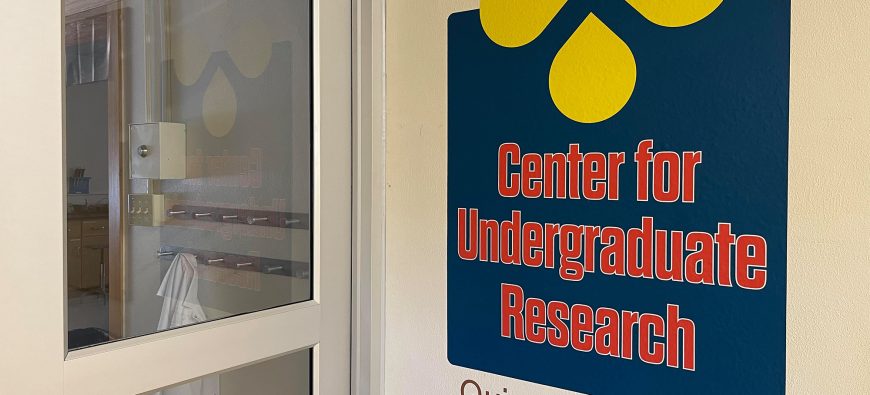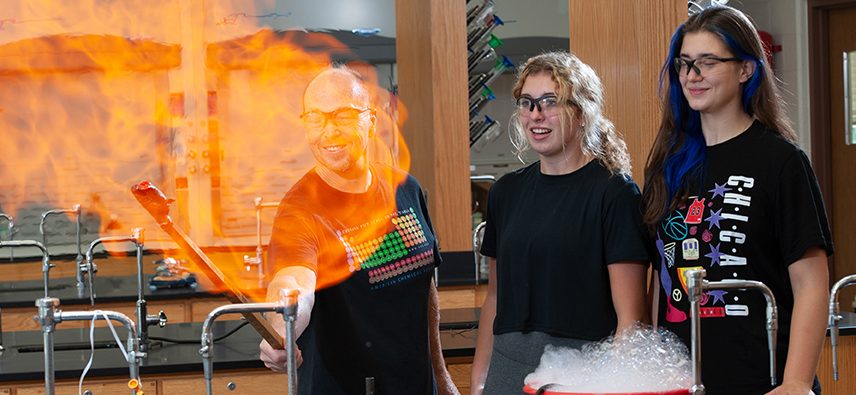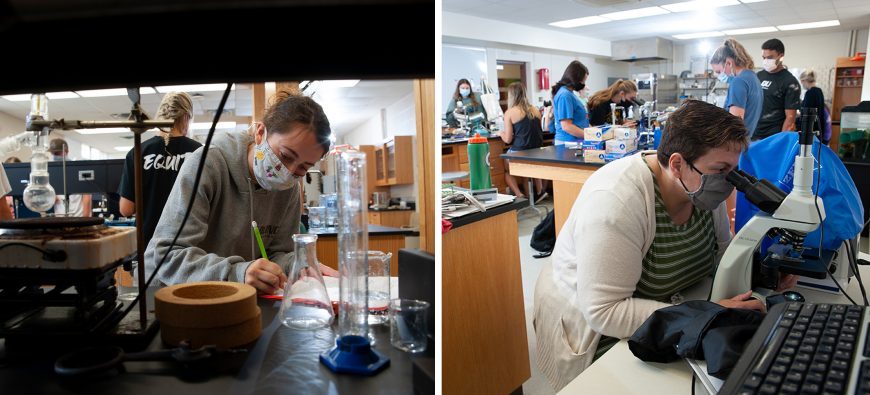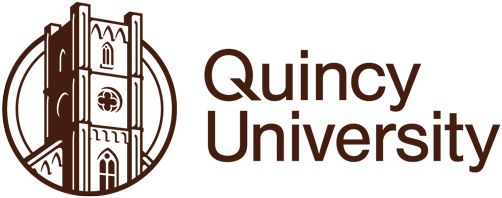
Undergraduate research is becoming the gold standard for students in STEM fields. Nationally, STEM students who participated in research during their undergraduate years were 16% more likely to attend STEM graduate school or STEM professional programs than if they had not participated in research. In fact, participation in research is one of the leading factors in student acceptance in graduate school.
The Quincy University science faculty bring to their teaching extensive research backgrounds, and they look forward to offering additional opportunities and resources to their students.
Thanks to the Title III-funded ESA/STEM program, a newly appointed Undergraduate Research Coordinator will oversee the creation of a dedicated research lab with high levels of technological support and materials. Some of the new resources includes a Tissue Culture Hood, Gel Image Capture, -80′ freezer, UV Spectrophotometer, Reverse Osmosis (RO) Water Machine, Benchtop Nuclear Magnetic Resonance (NMR) Instrument, IR Spectrophotometer, HPLC Instrument, and a Gas Chromatograph.
With the assistance of the Coordinator, faculty members will infuse undergraduate research into upper division courses and design a new sophomore Introduction to Research course. Faculty members will participate in conferences featuring best practices in undergraduate research and will develop QU’s own symposium, featuring guest speakers and showcasing projects by QU students.
The Undergraduate Research Lab debuted in Fall 2020.


Caitlin Deskins, Ph.D.
Coordinator of Undergraduate Research
Degrees/educational institutions:
- Doctor of Philosophy, 2013, The University of Alabama in Huntsville
- Master of Science, 2009, The University of Alabama in Huntsville
- Bachelor of Science, 2007, The University of Alabama in Huntsville
Previous relevant experience:
- Faculty Research Mentor: 2018-present
- Graduate Student Research Mentor: 2009-2013
- Undergraduate Researcher: 2004-2007
What are you most looking forward to in your Title III role?
I am looking forward to continuing the development of research spaces with the supplies and equipment that students and faculty need to perform original research. Students will be able to get hands-on experiences with equipment used by biology and chemistry researchers.
What can students hope to gain from improvements made by Title III in the area you coordinate?
When I started college, I knew that I wanted to do some sort of research when I graduated, but it was the research opportunities that I had as an undergrad that really influenced my life. I hope that the research opportunities started by Title III at QU will provide that kind of influence on present and future students.

